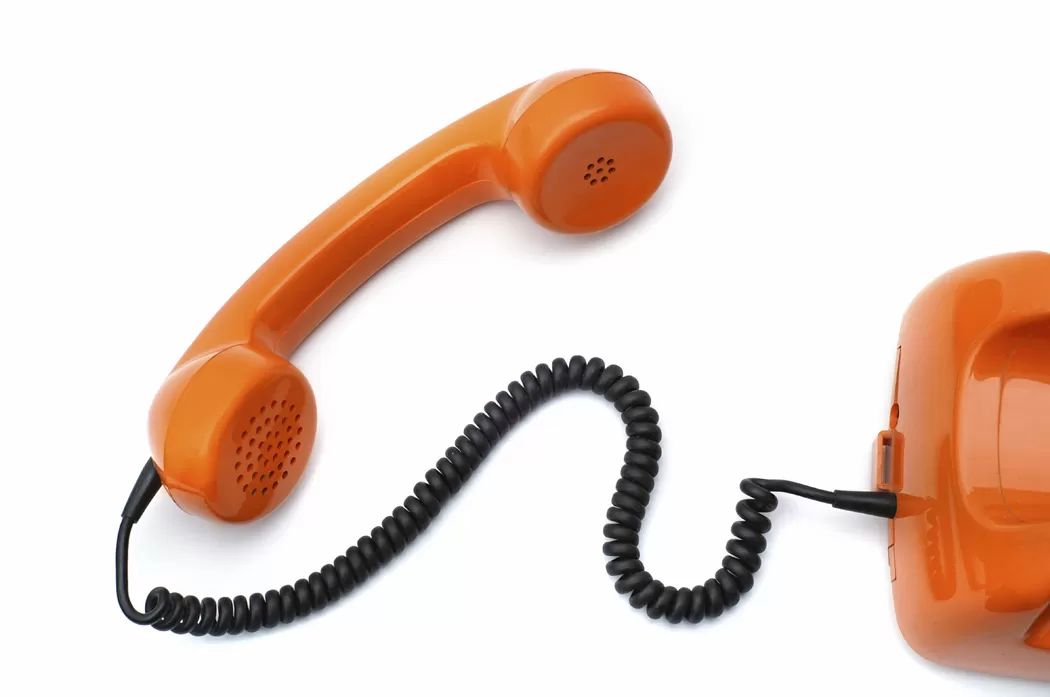
Through my many forays into the job market, I have anxiously awaited responses from employers, either to application materials I had sent out in response to a job ad, or as a follow-up after I had interviewed with them. Through these experiences, I have come to identify several different employer communication styles: The “As-If-You-Didn’t-Know-Already” late response guy, also known as the “In-Case-You-Were-Thinking-of-Calling-a-Moving-Truck” guy This person is one of the most frustrating of the bunch. He is the one who tells you months (and sometimes years) after your application has been submitted that “the search process has ended and the position has been filled.” This typically happens after you have heard a conference talk by the very employee who had been hired for the position you applied for. The “Affirmative-Action-Card” lady This is an important person, as she provides proof of receipt of your application materials and keeps your hopes alive…but often fails to provide any further follow-up on the status of your application. Just when you were getting to know her better… The “Just-Wanted-to-Keep-You-in-the-Loop-though-I-Have-Nothing-New-to-Share” guy This is the most obsequious employer, a kindly chap who shares the every move of the hiring committee. Sample email posts include: “The search committee met today to discuss the applications,” “We are currently in the process of reviewing all of the materials submitted,” “I wanted to let you know that we have not yet decided which candidates we will bring in for interviews,” or “I’m having tuna salad for lunch today.” The “Oh-Yes-I-Remember-You” lady This person always seems surprised to hear from you, whether you met two weeks ago, or just phoned yesterday and was asked by this very person to call back at that particular time. And finally, the dreaded “” That is, crickets, and/or the Silent Treatment. This is the communication style we have all come to know and dread. Whither the manners of these mute employers? Could they not muster a simple, one-line text of email indicating (at the least!) receipt of our application materials? And what of employers who are incommunicado after you meet with them in person? This has happened to me and leads me to wonder—“Did I offend someone during my interview? Did I curse? Spit? Insult someone’s family? Have spinach in my teeth?? What was it??? Why are they not calling me?????” While there are many interpersonal skills we need to engage during a job search, none seem as difficult as drumming up enough self-confidence to accept that communication styles, like people, vary greatly, and do not necessarily indicate a poor application or interview on our part. The good news is that we do have the power to overcome substandard communication by following up. Following up with employers after submitting your materials or after an interview is completely appropriate. You might even consider following up with someone after a brief exchange at a career fair or scientific meeting. The trick here is to use appropriate language. In regards to a job application, there are two questions I would encourage you to ask: 1) “Have you received my materials?” (unless of course you have already received notice of this), and 2) “What is the time line for your search?” These questions can come at any point after submitting your materials electronically or via snail mail, and may be sent via email or asked by phone. In regards to interview follow up, I would recommend two things: 1) Send a thank-you email or letter immediately after you depart an interview—or at least within 24 hours. 2) Follow up with a phone call or email if you have not received word of the outcome by two weeks time, and again, ask about the intended time line for the search. As with most things, there are few caveats I’d like to share: 1) Do not call an employer who has stated clearly, either on a website or via an electronically generated email, that candidates are NOT TO CALL. 2) There are, unfortunately, sadly, and quite commonly, many employers you will never hear back from, regardless of follow-up tactics and conscientious behavior. The key is to keep your spirits up, try to enjoy yourself, and use a variety of job search methods (and not merely apply for jobs online). Chances are you will ultimately be successful in finding a position you enjoy—with someone whose communication style suits you just fine.




